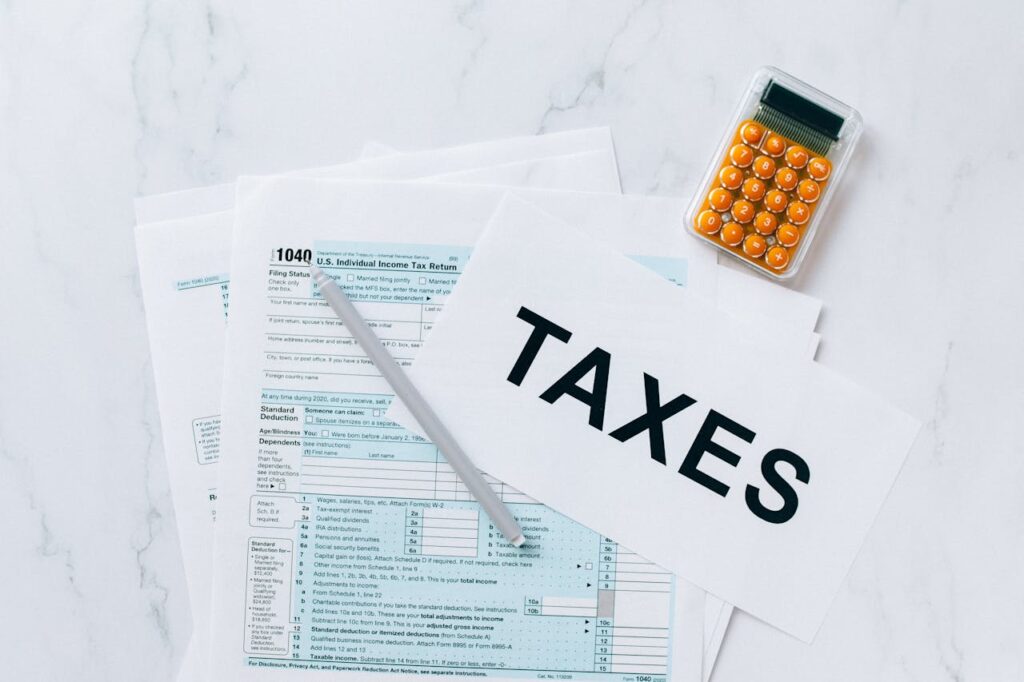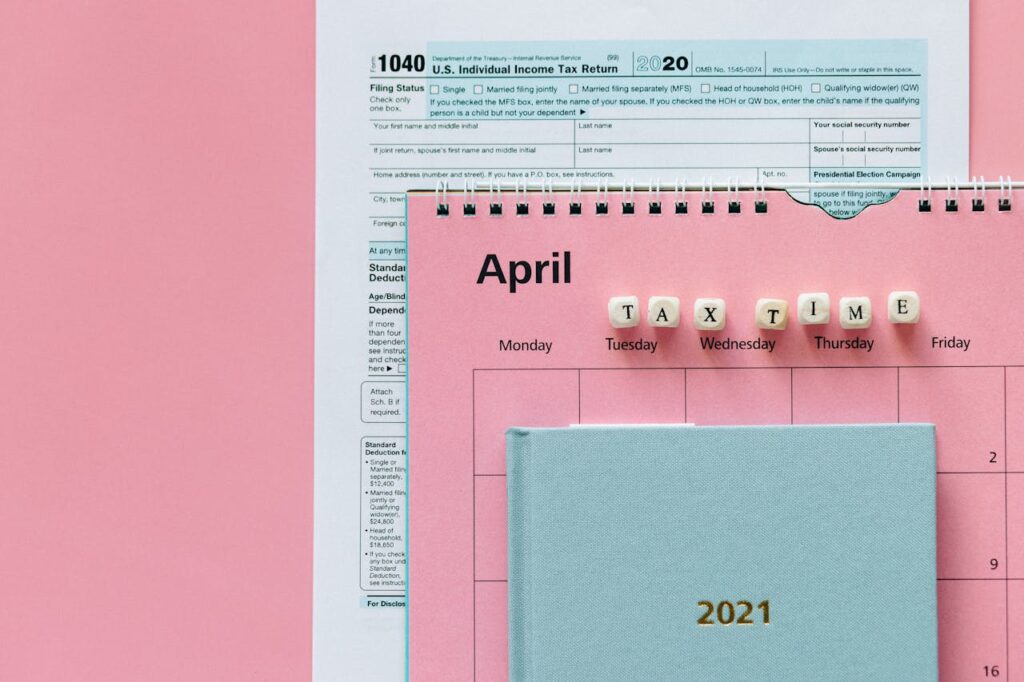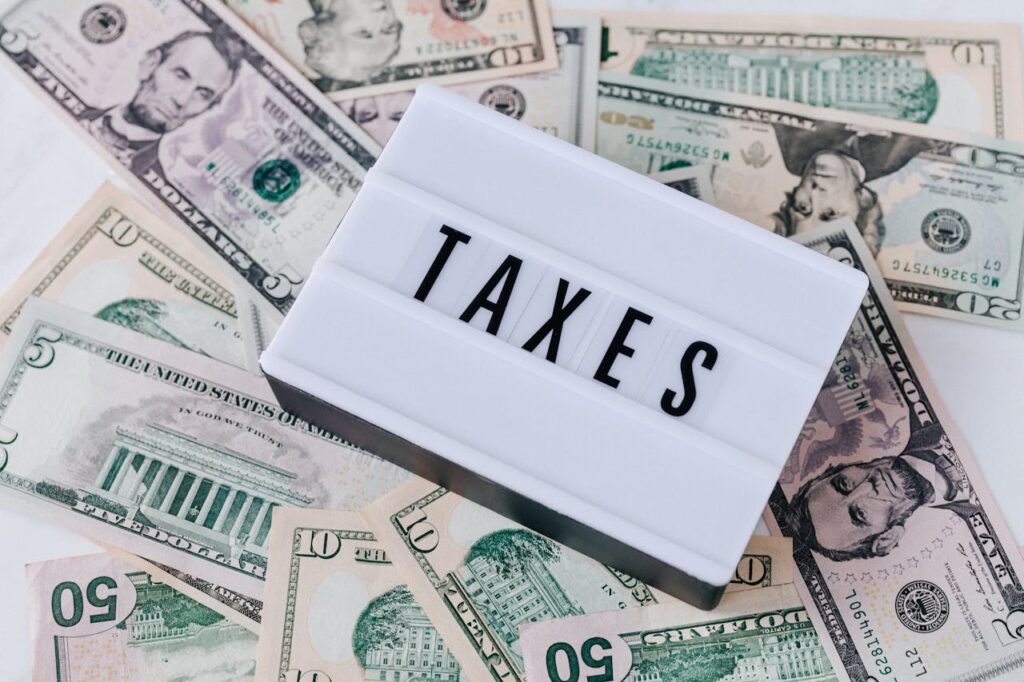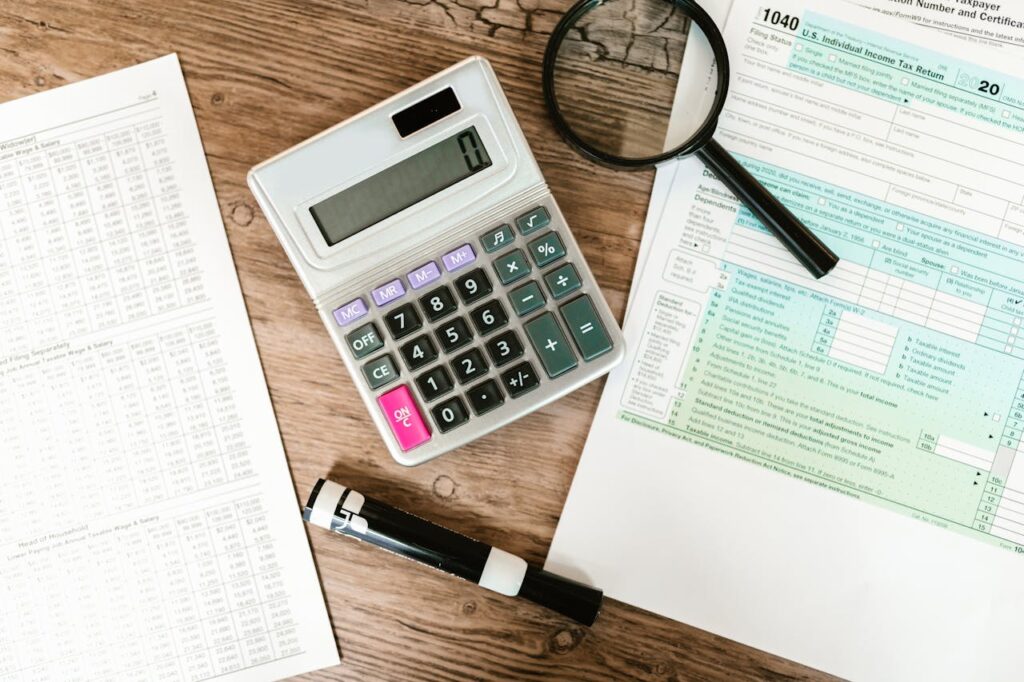Taxable vs. Non-Taxable Income: A Definitive Guide for Sound Financial Reporting
Taxable vs. Non-Taxable Income: A Definitive Guide for Sound Financial Reporting Navigating the labyrinthine corridors of tax regulations can be likened to solving a complex puzzle where your financial well-being is the reward. For small business owners and individual taxpayers, understanding the subtle yet critical distinction between taxable and non-taxable income is a foundational step toward fiscal compliance and optimization. Whether it’s a paycheck, a windfall, or the return on an investment, dissecting the tax implications of your earnings is not merely advised — it’s essential. The Taxable Income Encounter: Knowing Your Financial Footprint Taxable income encompasses various forms of earnings—each with distinct treatments under the tax code. Familiarizing yourself with the specifics of taxable income is the first pillar of responsible financial management. Unveiling the Monolith of Taxable Income At its core, taxable income is the portion of your total income on which tax is levied by the government. This spans a wide spectrum, from your everyday wages and self-employment ventures to the wealth accumulated through astute investments. Wage Earnings in the Tax Spotlight Wages, including salaries, bonuses, and tips, represent the foremost taxable income category. Through a detailed breakdown, we explore the elements of wage taxation, delineating the role of payroll deductions, tax brackets, and the nuances of various employment scenarios. Enigma of Self-Employment Tax For the intrepid entrepreneur, self-employment income can be both a liberating and daunting endeavor. This discussion sheds light on the unique tax obligations, such as self-employment taxes and the eligibility for tax deductions, crucial in managing your liabilities. Dividends and Interests: The Investor’s Dilemma Investment income from dividends and interests is not exempt from the taxman’s grasp. Investors must decode the subtleties of investment taxation, including the preferential rates for long-term gains and the impact of tax-deferred investments. Distinguishing the Non-Taxable Mirage: Exclusions from the Tax Trap While taxable income forms the bulk of what you earn, non-taxable income offers a respite — it’s the revenue you can enjoy without sharing with the IRS. Unwrapping this second financial tier is equally imperative in sculpting a tax-savvy strategy. The Landscape of Non-Taxable Income Non-taxable income embodies a subset of your earnings that are exempt from federal and, in some cases, state tax. Gifts, inheritances, and certain benefits and compensations fall under this category, offering a vista of tax-free enjoyment for the discerning taxpayer. Gifts and Inheritances: The Generous Anomaly A poignant gift or the legacy of an inheritance can be both heartwarming and, from a tax perspective, gratifyingly non-taxable. Here, we explore the parameters that define such revenue, reinforcing the civic nuances inherent in the tax treatment of inter-personal financial exchanges. The Haven of Non-Taxable Benefits Certain benefits, such as welfare assistance, and injury payments, are designed to buoy individuals during challenging times without the added burden of taxes. We parse through the complexities of these benefits, demystifying their tax-exempt status for the beneficiaries. The Art of Reporting: Ensuring Compliance for Financial Health Accurate reporting of taxable and non-taxable income is a linchpin in maintaining trust with tax authorities and avoiding the perils of financial penalties. In this section, we lay out the implications of improper income reporting and highlight case studies that underscore the need for punctilious record-keeping. Pitfalls of Misreporting Taxable and Non-Taxable Income Missteps in reporting your income — be it accidental or intentional — can incur substantial penalties, tarnish your financial history, and trigger invasive audits. The stakes are high, and ignorance of the tax laws is seldom a valid defense. Case Studies in Tax Indiscretion Through vivid case studies, we illustrate the myriad ways in which individuals and businesses fumble when dealing with their taxes, drawing instructive lessons that underscore the value of meticulous tax preparation. Proactive Taxpayer Tactics We equip you with a toolkit for sound financial management, emphasizing the advantages of seeking professional tax advice and the employment of robust tax software to guide you through your financial maze. Being Proactive With Your Income Mix: Strategies to Optimize Your Tax Burden The final chapter unveils potent strategies that savvy individuals and small business owners can deploy to structure their income in a tax-efficient manner. The Symphony of Tax-Deferred Income By orchestrating the acquisition of tax-deferred income streams such as retirement accounts and health savings accounts, you can temporally shift your tax obligations while securing your financial future. Small Business Tax Schemes For the entrepreneurial community, we expound on specialized tax structures and credits available to small businesses, demonstrating how to leverage these tools to minimize tax outlays and enhance cash flows. Charitable Contributions and Deductions Contributions to charitable causes not only bestow social good but can also yield substantial tax deductions. We articulate the intricacies of charitable giving and its role in shaping your taxable income profile. Conclusion: A Taxonomy of Income for Your Financial Well-Being In the financial odyssey of taxpayers and small business proprietors, the dichotomy of taxable versus non-taxable income is an underlying theme that influences wealth patterns and tax outcomes. A nuanced understanding of these structuring elements allows for legally optimizing income and guarding against tax liabilities. Epilogue The Taxable vs. Non-Taxable Income saga is an ongoing narrative, continually evolving with legislative changes and individual financial trajectories. For those willing to engage with the content, commitment, and curiosity will yield dividends in the form of prudent taxation, impeccable financial health, and the sage satisfaction of mastering one’s fiscal domain.







